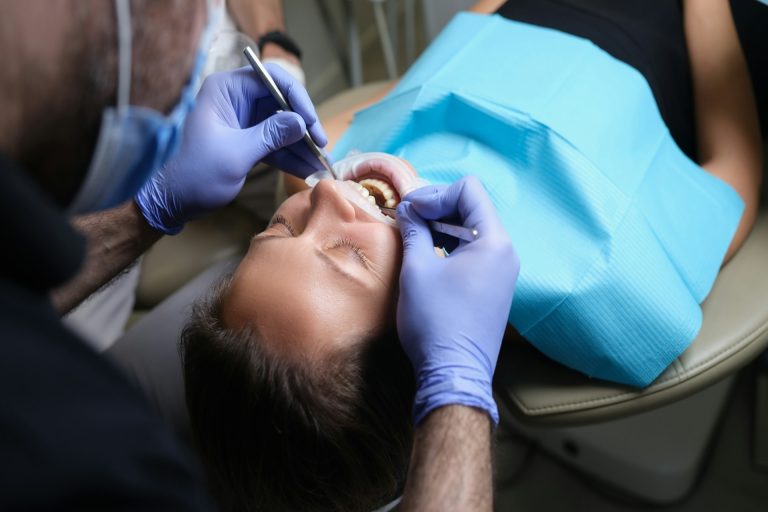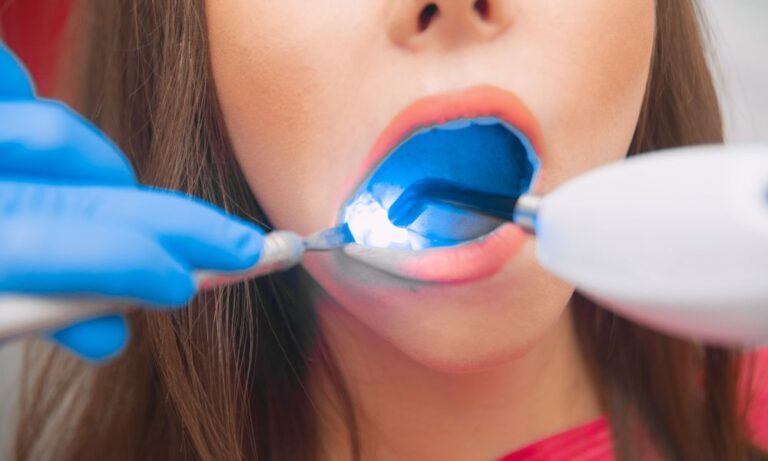Dealing with swollen and painful gums can be quite uncomfortable and sometimes alarming. Understanding what causes these symptoms can help us take better care of our oral health. While occasional gum discomfort might not be serious, persistent swelling and pain often indicate underlying issues that need attention.
One of the primary reasons for gum swelling and pain is poor oral hygiene. When we neglect regular brushing and flossing, plaque builds up along the gum line, causing irritation and inflammation. Another common cause is gum disease, which can range from mild gingivitis to more severe periodontitis. Both conditions are linked to plaque build-up and require diligent care to manage and reverse.
Dental procedures and appliances can also impact our gums. Dental work like crowns, braces, and dentures, if not fitted correctly, can cause discomfort and swelling. Lastly, our overall health plays a role in gum health. Certain systemic conditions, such as diabetes, can affect our gums, making regular dental care even more crucial. By identifying the root causes of gum swelling and pain, we can take steps to alleviate these symptoms and maintain healthier gums.
Poor Oral Hygiene Practices
Poor oral hygiene is one of the main causes of gum swelling and pain. When we do not brush and floss regularly, plaque quickly builds up on our teeth and along the gum line. Plaque is a sticky film of bacteria that can cause serious irritation to the gums if not removed daily. The bacteria in plaque produce toxins that irritate the gum tissue, leading to redness, swelling, and discomfort.
Using improper brushing techniques can worsen the situation. Brushing too hard can damage the gums and make them more susceptible to infection. It’s essential to use a soft-bristled toothbrush and gentle circular motions to clean our teeth effectively. Not flossing daily also contributes to gum problems, as flossing removes plaque and food particles from between the teeth and below the gum line, where a toothbrush cannot reach. By maintaining a consistent and thorough oral hygiene routine, we can prevent many of the issues that cause gum swelling and pain.
Gum Disease: Gingivitis and Periodontitis
Gum disease is a common culprit behind swollen and painful gums. It starts with gingivitis, a mild form of gum disease characterized by redness, swelling, and bleeding during brushing or flossing. Gingivitis is caused by plaque buildup along the gum line and is reversible with good oral hygiene practices and regular dental cleanings. If left untreated, gingivitis can progress to a more severe form called periodontitis.
Periodontitis occurs when the gum tissue pulls away from the teeth, creating pockets that become infected. The body’s immune response to the infection, coupled with bacterial toxins, can break down the bone and connective tissue holding the teeth in place. This can lead to tooth loss if not addressed promptly. Symptoms of periodontitis include persistent bad breath, gum recession, and loose teeth. Preventing gum disease involves regular dental check-ups, professional cleanings, and diligent at-home care, including proper brushing and flossing.
Impact of Dental Procedures and Appliances
Dental procedures and appliances can sometimes lead to gum swelling and pain. Procedures such as crown placements, fillings, and dental implants involve manipulating the gum tissue, which can cause temporary irritation and swelling. If dental work is not fitted properly, it can create areas where food particles and plaque accumulate, leading to gum inflammation. Regular follow-ups with your dentist ensure that any dental work remains well-fitted and does not cause any complications.
Braces and dentures also impact gum health. Braces create additional nooks and crannies where food can get trapped, making it crucial to maintain excellent oral hygiene to prevent swelling and pain. Dentures, if not properly fitted, can rub against the gums and create sores or irritation. It’s important to report any discomfort to your dentist, who can make adjustments to ensure a proper fit. Using specialized cleaning tools for braces and dentures can help maintain gum health and prevent discomfort.
Role of Systemic Health Conditions
Systemic health conditions, such as diabetes, can affect our gums, making us more prone to inflammation and pain. Diabetes, in particular, can lead to higher levels of glucose in the saliva, which can feed harmful bacteria and increase the risk of gum disease. Properly managing diabetes is essential for maintaining gum health. Regular blood sugar monitoring and following a diabetes care plan can help reduce the risk of gum complications.
Other conditions, such as immune disorders or hormonal changes due to pregnancy, can also impact gum health. For instance, pregnant women may experience “pregnancy gingivitis,” characterized by swollen, bleeding gums due to hormonal changes. It’s important to inform your dentist of any systemic conditions so they can provide tailored advice and care. Regular dental check-ups and good at-home dental hygiene are crucial for managing the impact of these systemic conditions on gum health.
Conclusion
Understanding the common causes of gum swelling and pain can help us take proactive steps to maintain healthy gums. Poor oral hygiene practices, gum disease, dental procedures, and systemic health conditions all play significant roles. By practicing good oral hygiene, seeking regular dental care, and managing any systemic conditions, we can significantly reduce the risk of gum problems. Maintaining healthy gums is crucial for overall oral health and well-being.
If you’re experiencing persistent gum swelling or pain, it’s important to consult with a dental professional for a thorough evaluation and appropriate treatment of periodontal disease. For expert guidance and personalized care, schedule an appointment with Colorado Gum Care Northglenn, CO. Our team is here to help you achieve and maintain optimal gum health.







